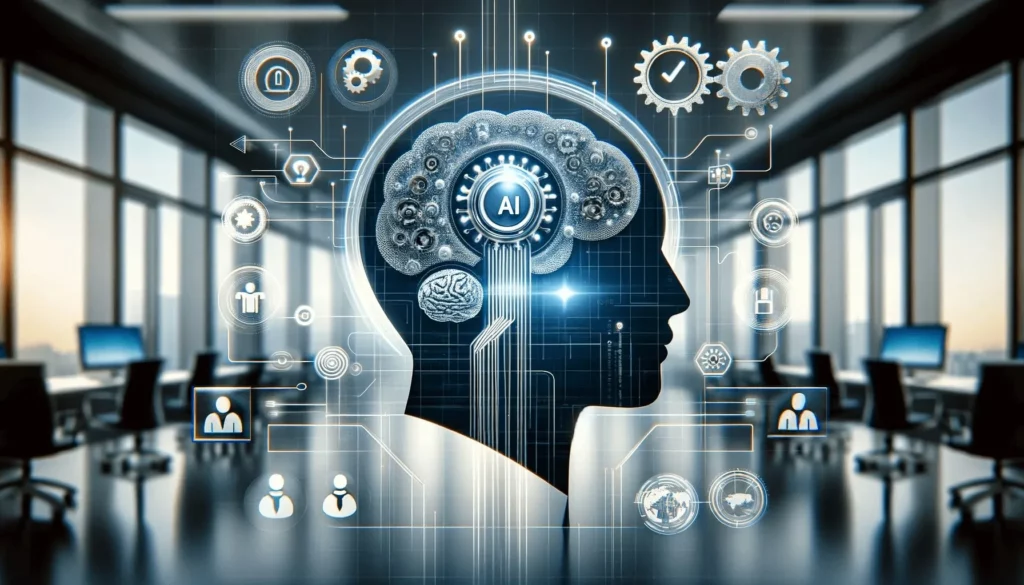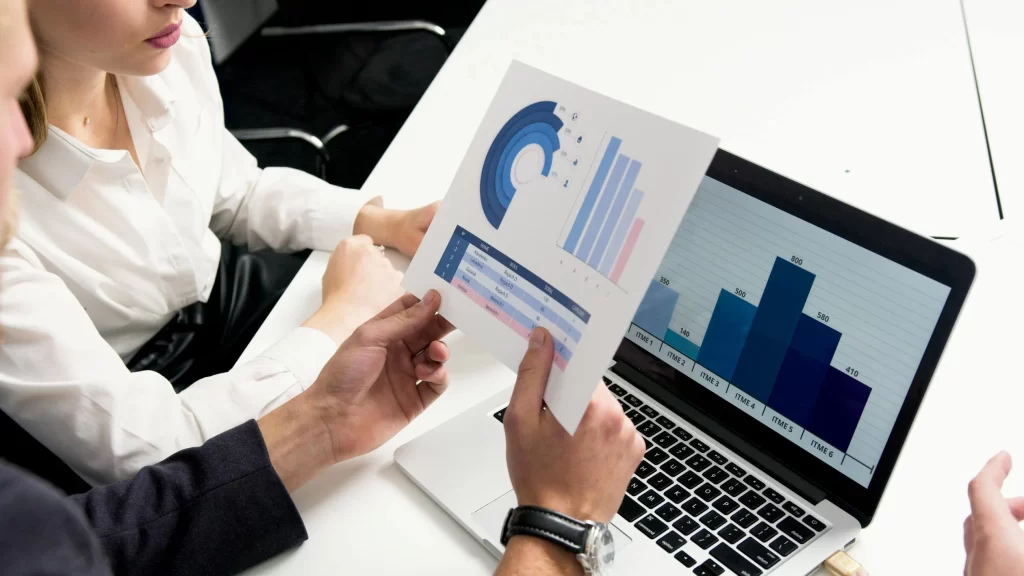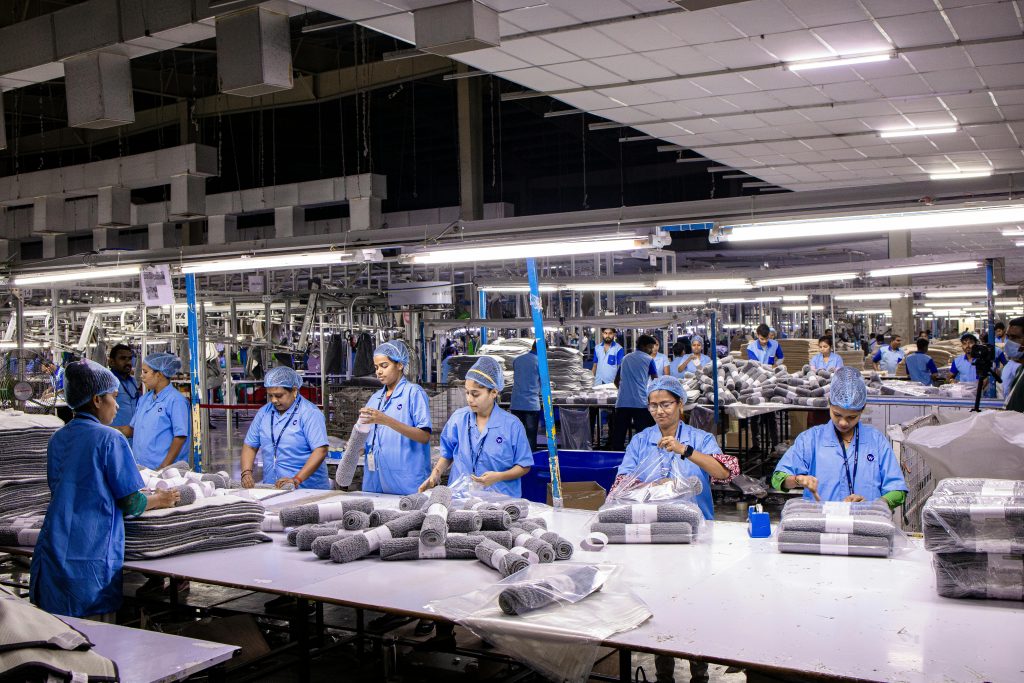As companies increasingly adopt AI in their recruitment processes, it becomes crucial to explore its influence, especially when considering candidates who seem to be a perfect fit.
Embracing AI in hiring enhances efficiency, streamlines processes, and minimizes human biases.
It enables businesses to make data-driven decisions, leading to more effective recruitment strategies and improved overall performance.
According to a report by Deloitte, 33% of surveyed organizations have adopted some form of AI in their HR processes, citing improved efficiency and decision-making as the primary benefits.
Let’s take an in-depth analysis of how can AI impact hiring decisions!
The Rise of AI in Hiring
The evolution of hiring processes through AI signifies a paradigm shift in how organizations identify and acquire talent.
It’s crucial to comprehend the journey from traditional methods to AI-driven recruitment for a holistic understanding.
AI-driven recruitment accelerates the hiring timeline, reducing the time-to-fill positions by up to 50%.
This time-saving benefit directly impacts productivity and allows businesses to respond promptly to dynamic market needs.
A study by McKinsey found that organizations using AI in recruiting experienced a 36% reduction in the time recruiters spend on candidate screening and shortlisting.
The Perfect Fit Candidate
Defining the characteristics of a perfect-fit candidate is essential for aligning organizational goals with individual capabilities, and creating a workforce that contributes effectively to the company’s success.
A focus on the perfect fit ensures that new hires align with company culture, reducing turnover rates and fostering a more cohesive and productive work environment.
A survey by Glassdoor revealed that 77% of adults consider a company’s culture before applying for a job, emphasizing the significance of cultural fit in attracting top talent.
The Human Touch in Hiring
Despite the rise of AI, human intuition and judgment remain invaluable in assessing intangible qualities such as cultural fit, interpersonal skills, and emotional intelligence.
The human touch ensures a holistic understanding of candidates beyond their resumes, contributing to a more well-rounded and engaged workforce.
According to a Harvard Business Review article, 82% of surveyed executives believe that human intuition is crucial in the hiring process, even with the integration of advanced technologies like AI.
Ethical Considerations
Addressing ethical considerations in AI-driven hiring is essential to ensure fair treatment of candidates, prevent discrimination, and maintain public trust.
An ethical approach to AI in hiring fosters a positive employer brand, attracting top talent and maintaining a positive relationship with stakeholders.
A survey by PwC found that 76% of job seekers believe that AI should be regulated in recruitment to prevent bias and ensure fairness.
According to a report by Gartner, by 2025, 75% of all resumes will be screened by applicant tracking systems (ATS) and AI, highlighting the increasing reliance on technology in the hiring process.
Conclusion
Summarizing key points reinforces the dynamic relationship between AI and human decision-making, emphasizing the ongoing evolution of recruitment practices.
A comprehensive understanding of AI’s role in hiring empowers businesses to leverage technology while maintaining a human-centric approach, optimizing the recruitment process for success.
The World Economic Forum predicts that by 2025, 85 million jobs may be displaced by a shift in the division of labor between humans and machines, underlining the continued importance of adapting to technological advancements in hiring.


















